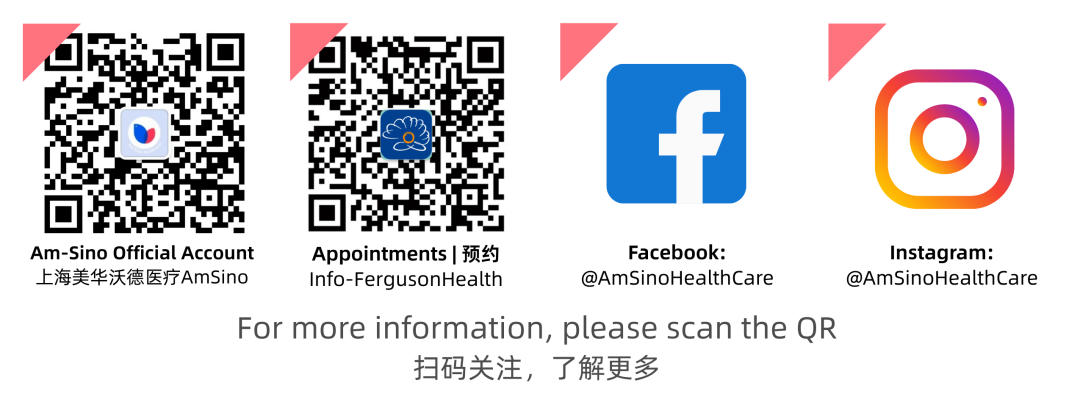
If you're a sexually active teenager (even if not regularly) or are just considering having sex, it's essential to make informed decisions about preventing unplanned pregnancy now.

Before we get into the different methods, consider:
Is it the right time? Are you having sex (or considering having sex) because you want to? Or do you feel that you should to keep up with your peers, your partner, or to make other people happy. If you are not sure or have concerns about being sexually active, please discuss with a trusted adult or school counsellor. Always practice enthusiastic consent with your partner. Even if you agree to sex, or agreed to it in the past, you have the right to change your mind and stop at any moment. Agreeing to making out or other types of sexual activity (masturbation or oral sex) does not give automatic consent to penetrative sex. Always take steps to prevent Sexually Transmitted Infections (STIs). If your partner has had sex with anyone else (oral, anal or vaginal) they may have an STI without you being able to see it. Some STIs are curable, others are life-long diseases. You can help to minimise risk of acquiring an STI by using condoms. Pelvic Exams: Some forms of contraception, like an intrauterine device (IUD), may require a pelvic exam where a doctor (usually a gynecologist) looks at the vaginal and vulva area. If you're uncomfortable with pelvic exams, consider a birth control method that doesn't require one. However, it's generally recommended to have pelvic exams and STI testing once sexually active. Many teenagers use other birth control for reasons beyond pregnancy prevention. For example, birth control pills can help with acne, heavy periods, and menstrual cramps. It's not limited to contraception, but you should discuss these uses with your doctor, even if you are in a region where birth control pills are available over the counter (e.g. China).
- What are they? Thin latex or non-latex barriers that go over the penis to block the sperm from entering the vagina. There are also condoms that can be inserted into the vagina or rectum instead, but it is a different kind of condom (specifically a female/internal condom, and can be bought online).
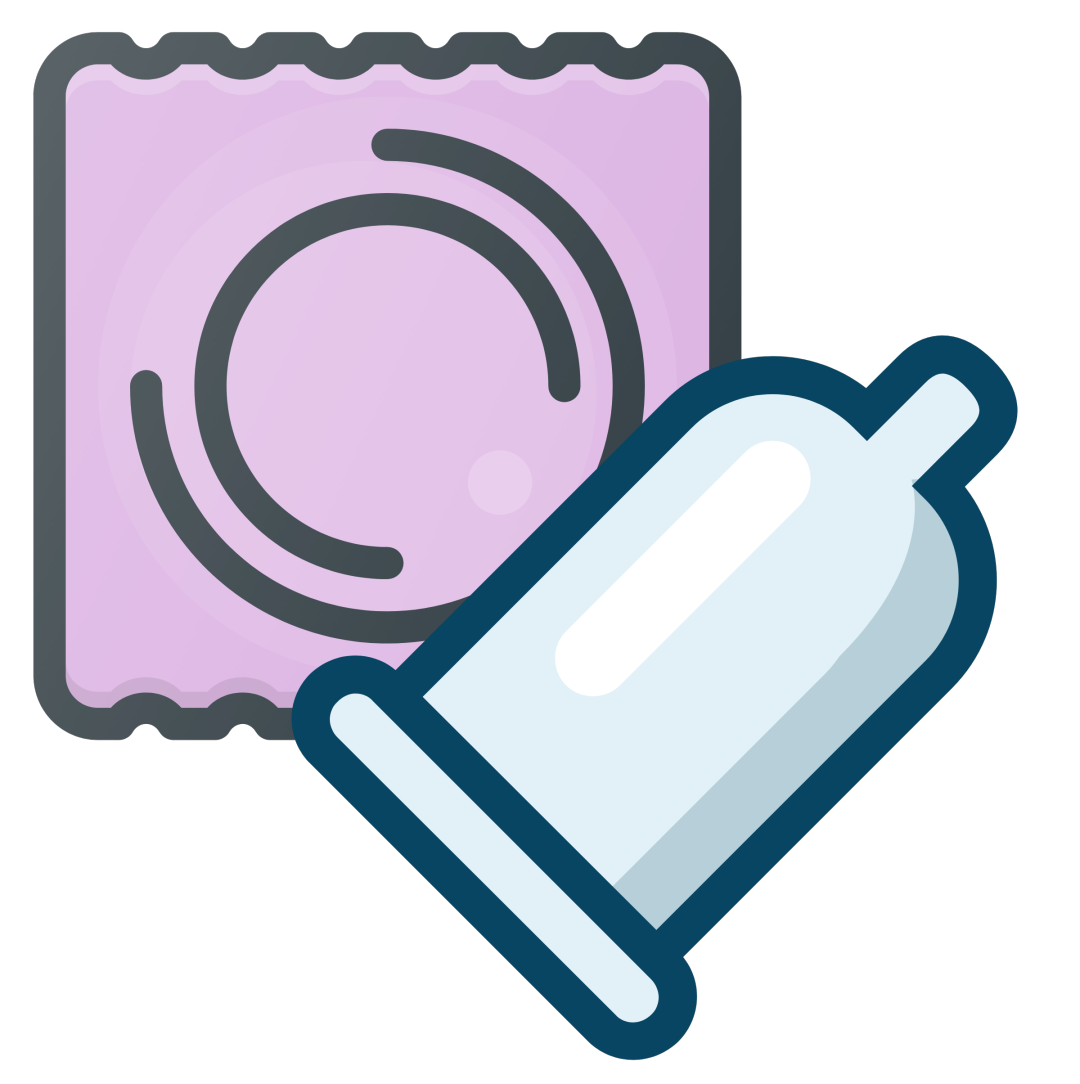
- Down sides: you need to carry it with you in advance, dispose of it (in the bin not the toilet!) when you are finished.
- What are they? A hormone pill you take every day to prevent pregnancy.

- What is it? A small device placed inside the uterus that prevents pregnancy by changing the environment and possibly also emitting hormone.
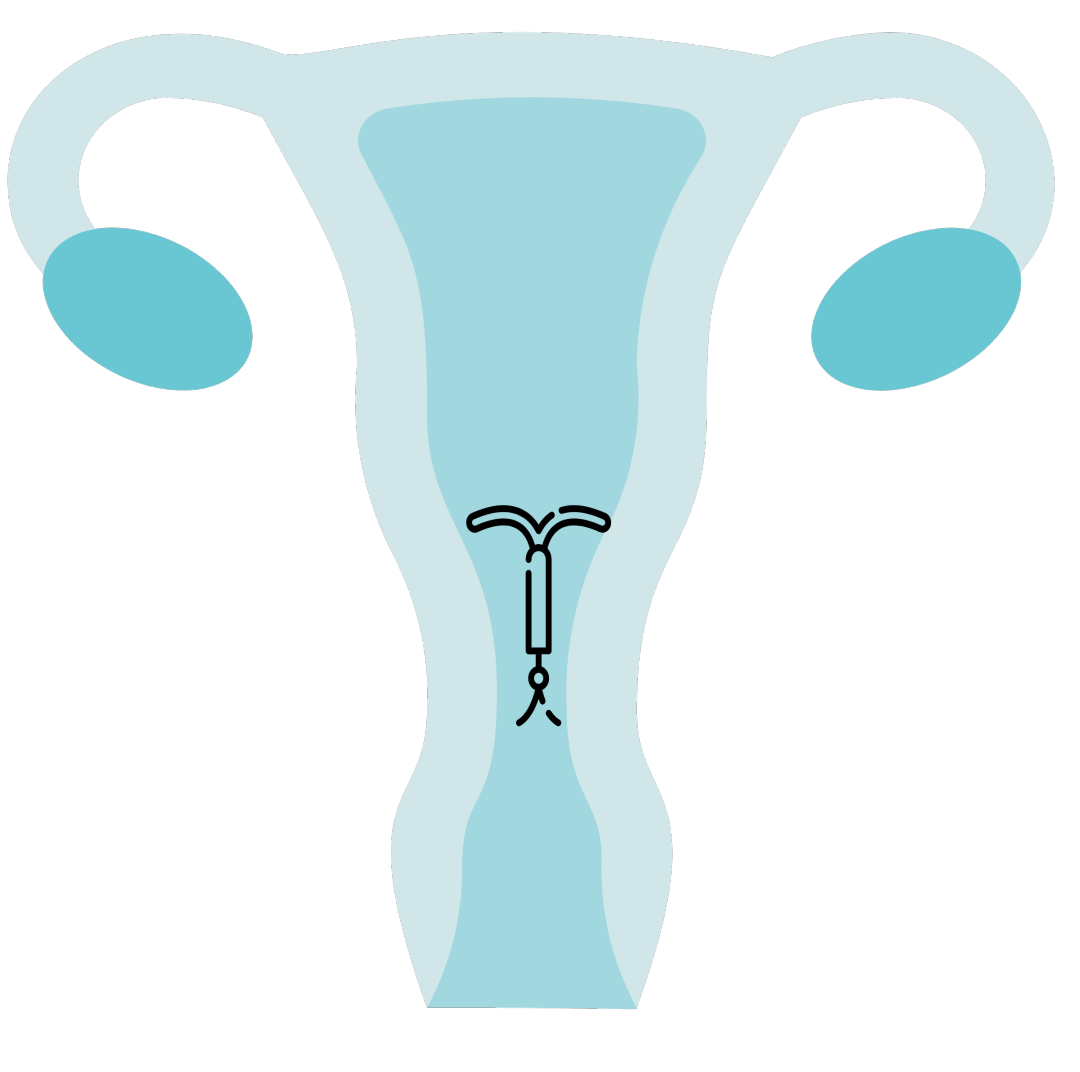
- Down sides: Requires a healthcare provider for insertion, and may require parental consent. In some regions you cannot get it under 14 years old. Some people find the placement to be painful. This method can be expensive as a one-time outlay of cost. Does not prevent against STI, so you should use condoms as well.
- What are they? A tiny plastic rod placed under the skin of the inner upper arm, releasing hormones.

- What is it? A "morning-after" pill or “Plan B” of hormones taken within 72 hours of unprotected sex (the sooner the better).
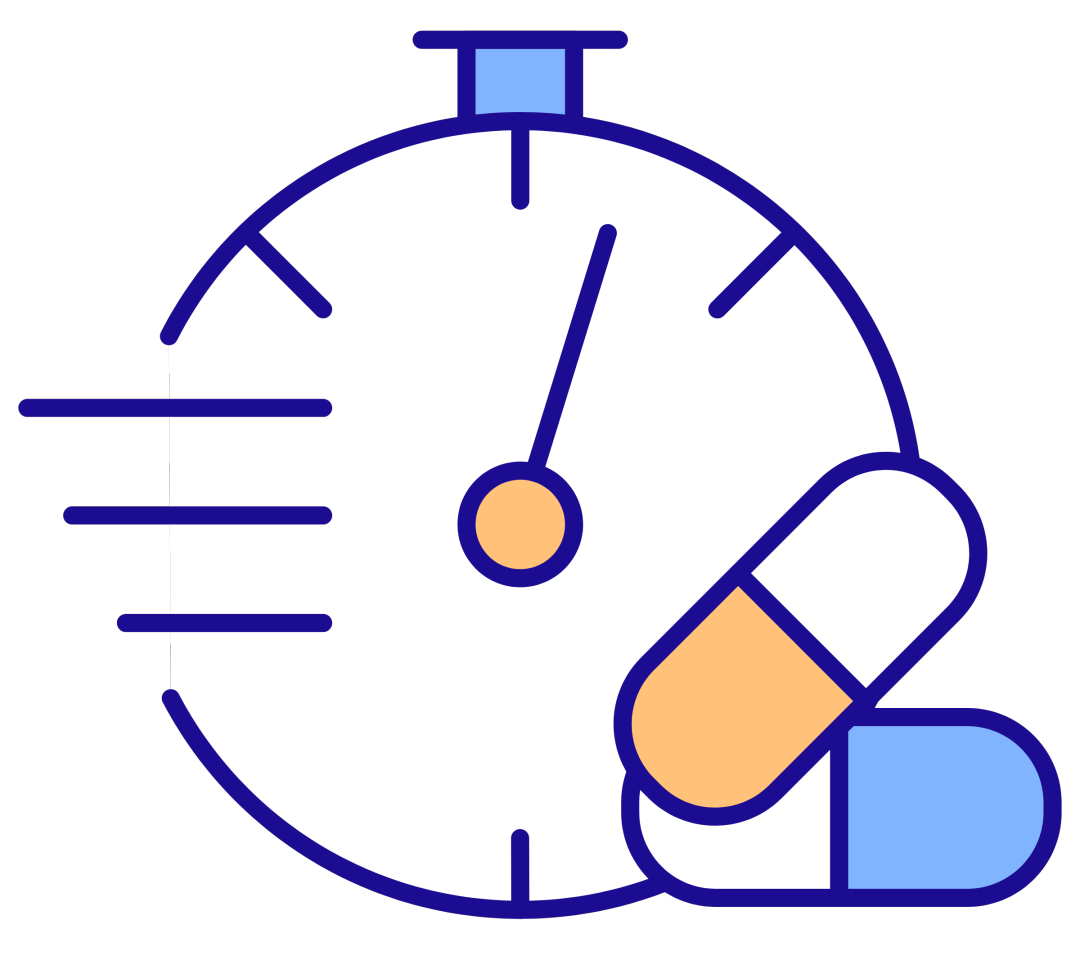
- What are they? Tracking your menstrual cycle and physical signs to avoid fertile days.
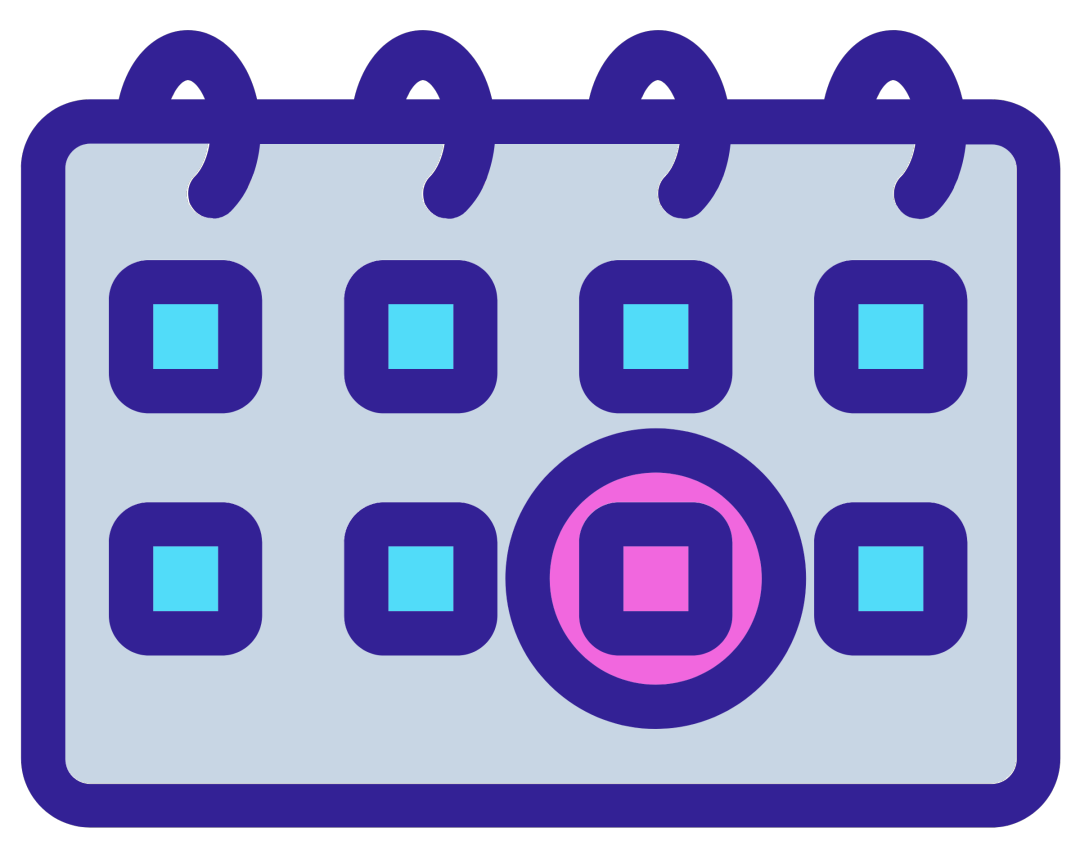
- What is it? A flexible ring inserted into the vagina and changed monthly. It is kept inside during sex.

- What are they? Dome-shaped Barrier methods placed inside the vagina before sex.

Now for the things that DON'T WORK to prevent pregnancy

- Inserting only some of the penis, or pulling the penis out before ejaculation
- Sex in certain positions (e.g. standing up)
- Sex in the shower or in water (like a bath or pool)
- Wrapping the penis with plastic wrap or plastic bags
- Using a period cup/cap/sponge during sex
- Sex while on your period (reduced chance of pregnancy but still possible)
- Douching (washing the vagina out with anything) after sex – in fact see this article Coming clean: the truth about vaginal hygiene as to why you shouldn’t douche at all
- Sex while drunk or drinking heavily after sex
- Having a hot bath after sex
- Jumping up and down after sex
